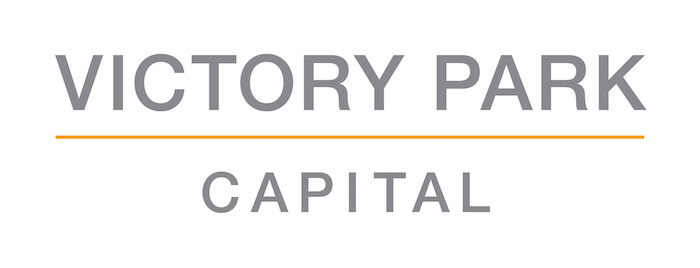Geradin Partners Expands into Germany with Key Hires from Hausfeld and Osborne Clarke
Marking a significant expansion of its European footprint, Geradin Partners has announced the opening of new offices in Berlin and Cologne, bolstered by the arrival of Thomas Höppner from Hausfeld and Thomas G. Funke from Osborne Clarke.
According to a press release from Geradin Partners, this move positions the boutique competition firm to deepen its pan-European practice and strengthen its presence in Germany’s critical antitrust and tech regulation landscape. Höppner, who was Hausfeld’s first German partner in 2015, played a leading role in establishing the firm’s German operations. He brings with him a team that shares his “challenger mindset,” a hallmark of both his time at Hausfeld and his vision for the future at Geradin.
Funke, previously a partner at Osborne Clarke and well-regarded for his litigation prowess, joins to co-lead the German offices. Together, the two lawyers are expected to expand Geradin’s work on complex antitrust litigation and regulatory matters, particularly as European enforcement ramps up in the tech sector. Founding partner Damien Geradin said the hires “solidify our ability to offer top-tier competition and regulatory advice across Europe.”
As Europe’s legal and regulatory landscape continues to evolve, the German expansion of Geradin Partners may point to broader shifts in the litigation and legal funding ecosystem—where cross-border capability, strategic litigation, and competition expertise are becoming essential assets.




